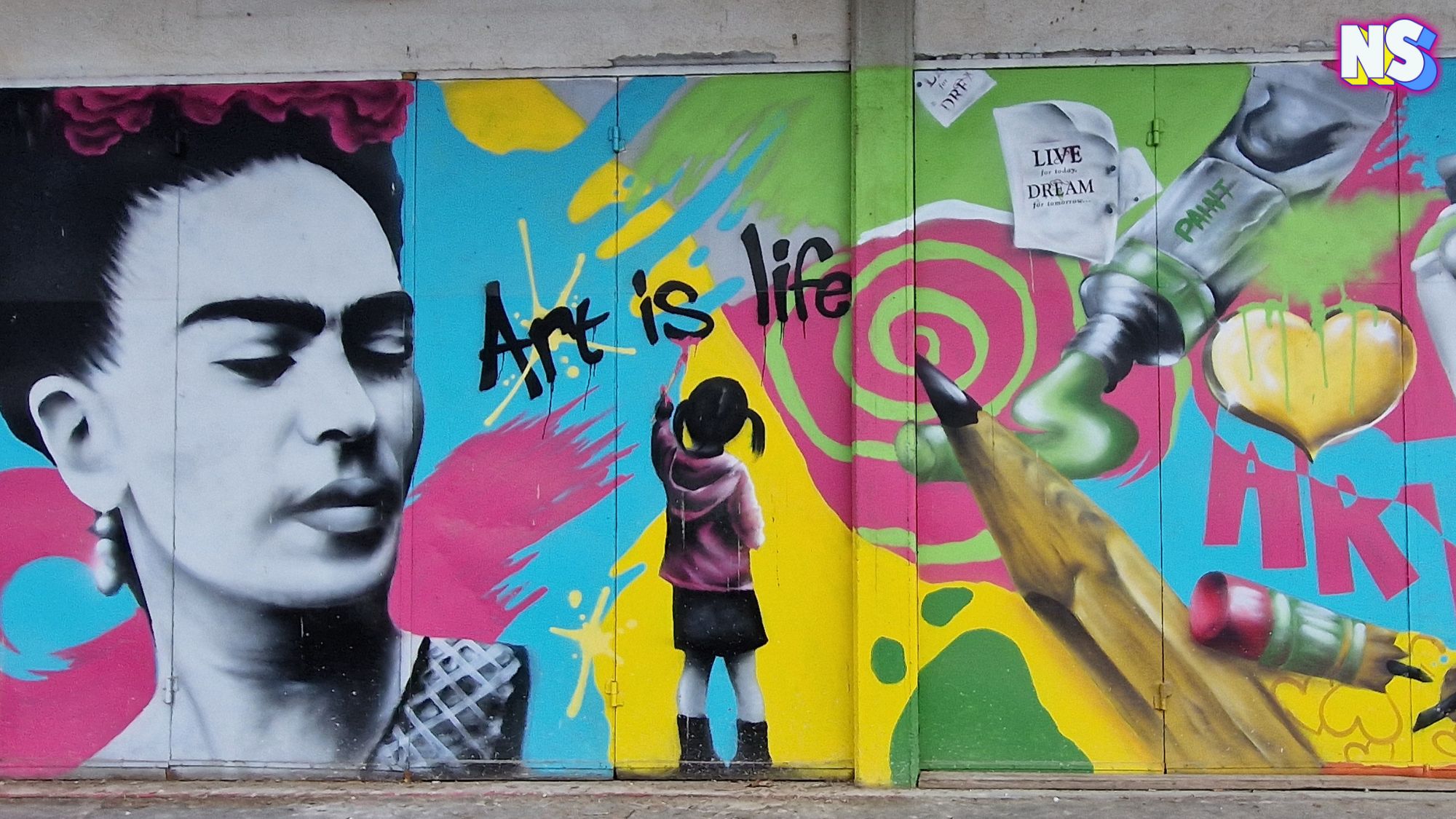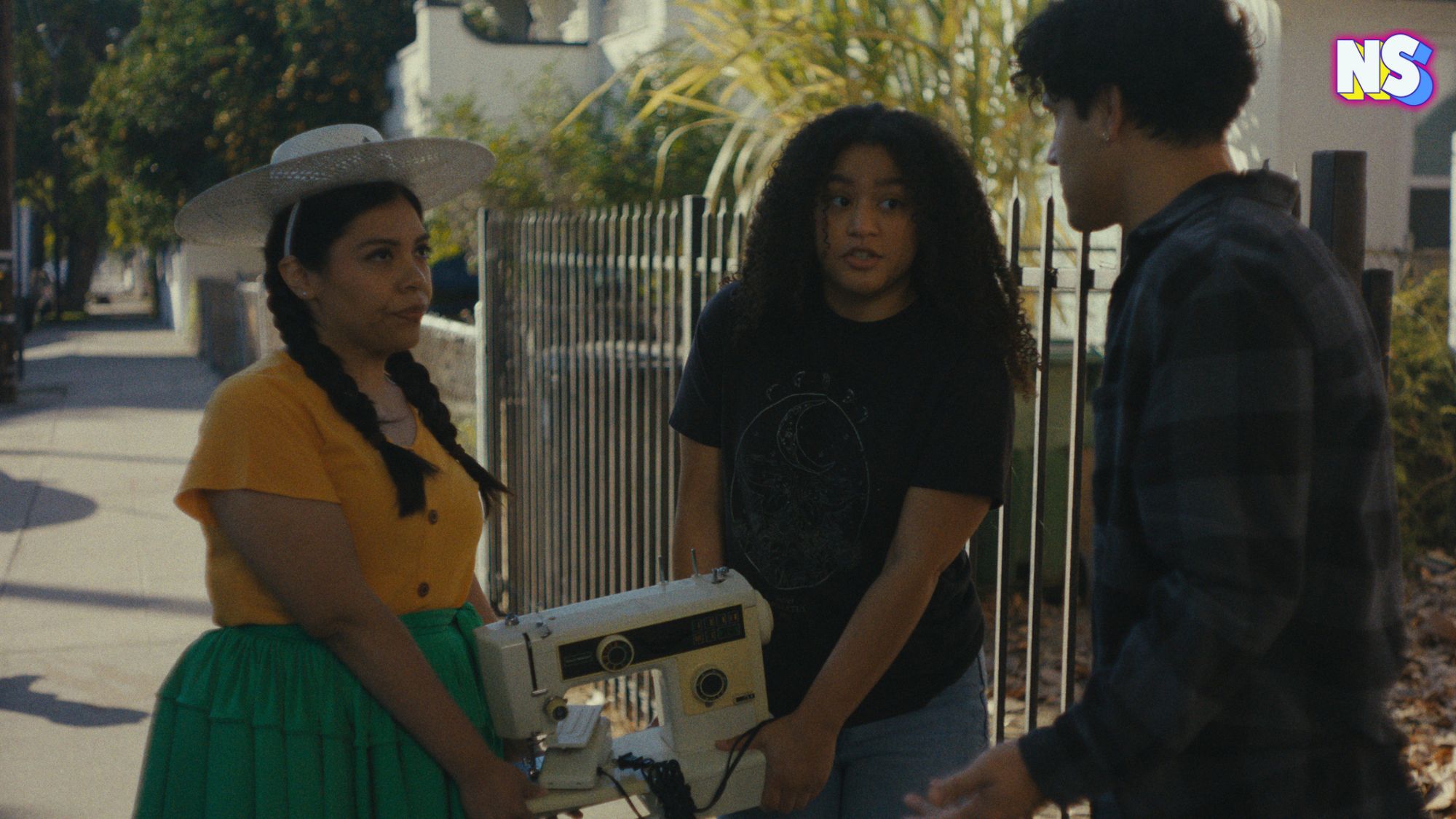In recent years, the Frida Kahlo estate has been involved in a series of legal battles. The headlines have captured the attention of fans, historians, and legal scholars alike. The iconic Mexican artist, known for her self-portraits and unapologetic exploration of identity, left behind a legacy that reaches beyond her canvas. However, it is the battle for Frida Kahlo’s image that often thrusts her name back into the spotlight.
The Battle for Frida Kahlo’s Image
At the heart of the Kahlo lawsuits lies the question of who truly owns the rights to Frida Kahlo’s image. It all started when the artist died, at the young age of 48, without a will. She never granted anyone the rights to her image or estate.
“When Kahlo died in 1954, a number of her property rights passed to her niece, Isolda Pinedo Kahlo,” The Art Newspaper writes. “Isolda Pinedo Kahlo’s daughter, Maria Cristina Romeo Pinedo, obtained power of attorney over these property rights in 2003. In March 2018, the Frida Kahlo Corporation (referred to throughout the case as the FKC) filed a complaint in a US District Court for Southern Florida, claiming that Pinedo was illegally using Kahlo’s image and undermining the company.”
Eventhought 2018 case was dismissed, the legal battles continue.
The estate, managed by Kahlo’s niece, has guarded the artist’s likeness. Their argument is straightforward: Kahlo’s image is a valuable commodity, and any unauthorized use constitutes infringement. From merchandise to advertising campaigns, the estate has taken legal action against those they believe have profited from Kahlo’s iconic face.
The Case of Mattel’s “Frida Barbie”
Perhaps the most high-profile lawsuit involved the toy giant Mattel. In 2018, Mattel released a “Frida Barbie” as part of their “Inspiring Women” series. The estate promptly filed a lawsuit, claiming that the doll’s portrayal of Kahlo was inaccurate and disrespectful.
“In a statement, the family insisted Mattel was not authorized to base a doll on Kahlo,” the BBC reported. “But both the Frida Kahlo Corporation and Mattel have rejected the claims.”
Kahlo’s relatives argued that the artist’s distinctive unibrow and indigenous features were essential to her identity and should not be altered for commercial gain. Mattel argued that they were granted permission by FKC to create dolls.
“Mattel has worked in close partnership with the Frida Kahlo Corporation, the owner of all rights related to the name and identity of Frida Kahlo, on the creation of this doll,” a Mattel spokesperson said. “In addition to the Frida Kahlo Corporation being an important part of the doll development process, we have their permission and a legally binding agreement to make a doll in the likeness of the great Frida Kahlo.”
Amazon and other online retailers now sell the Frida Kahlo Barbie for around $200. But Mattel says the doll is no longer available on its site.
The Vexing Issue of Licensing
Meanwhile, the estate itself has entered into licensing agreements with various companies, allowing them to use Kahlo’s likeness on products ranging from clothing to tequila.
Critics argue that this commodification cheapens Kahlo’s legacy, reducing her to a marketable brand. Meanwhile, independent artists and small businesses have faced cease-and-desist letters for using Kahlo’s image without permission.
Many Etsy stores, owned by independent artists, which once sold Kahlo designs have been shut down.
Can an artist’s image truly be owned?
Frida Kahlo’s life was marked by pain, passion, and resilience. Her art, which often depicted her physical and emotional suffering, resonates with audiences worldwide. But beyond the canvas, her legacy remains entangled in legal complexities.
As the lawsuits continue, questions arise: Can an artist’s image truly be owned? Should the estate have exclusive control over how Kahlo is portrayed? And what does it mean for an icon to become a brand?
Whether Kahlo herself, an anti-capitalist during her lifetime, would have approved of these legal battles remains a mystery. But one thing is certain: her indomitable spirit endures, both on canvas and in the courtroom.





